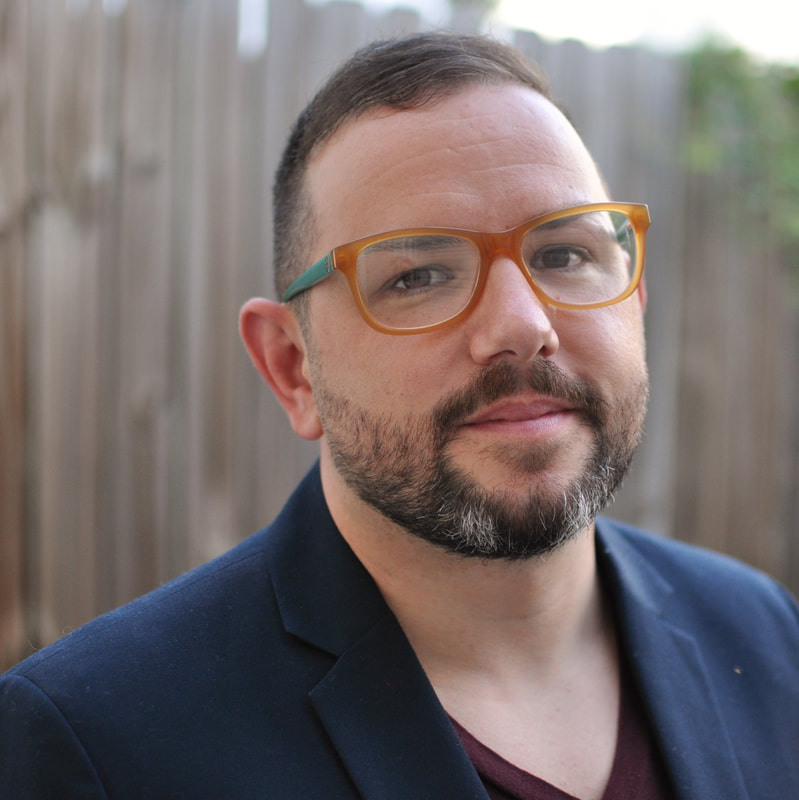Can a sonnet be Queer?
On the Tension Between Queering Form, Essentialism and Normativity
On the Tension Between Queering Form, Essentialism and Normativity
Is the Queer sonnet a contradiction? On one hand, many young American learners are first introduced to the form by way of the homosocial (and some scholars would argue, homoerotic) poems of Shakespeare, and countless contemporary LGBTQ+ poets have published widely in this form. However, the standardization that writing in form requires may seem in direct conflict with Sedgewick’s concept of Queerness as a counter-normative force.
This research proposes that 1) there is a conflict in defining the Queer sonnet, 2) such a contradiction runs parallel to discourse about gender and identity essentialism, 3) poetry and counter-normative Queerness can nonetheless act as antidotal epistemologies against essentialism in these discourses, and 4) readers, poets and scholars might instead consider the notion of queering the sonnet, and the queering sonnet.
This research proposes that 1) there is a conflict in defining the Queer sonnet, 2) such a contradiction runs parallel to discourse about gender and identity essentialism, 3) poetry and counter-normative Queerness can nonetheless act as antidotal epistemologies against essentialism in these discourses, and 4) readers, poets and scholars might instead consider the notion of queering the sonnet, and the queering sonnet.
Anthony Moll is a writer and educator living in Baltimore. They are the author of Out of Step: A Memoir, which won a Lambda Literary Award in 2019, and the 2017 Non/Fiction Prize from The Ohio State University Press. Anthony holds an MFA in creative writing and publishing arts from University of Baltimore, where they specialized in creative nonfiction and poetry, and they are finishing their dissertation for a PhD in English at Morgan State University, where their focus has been poetry, Queer Studies and multicultural approaches to American literature. Anthony is an assistant professor of English at Harford Community College in Maryland.
